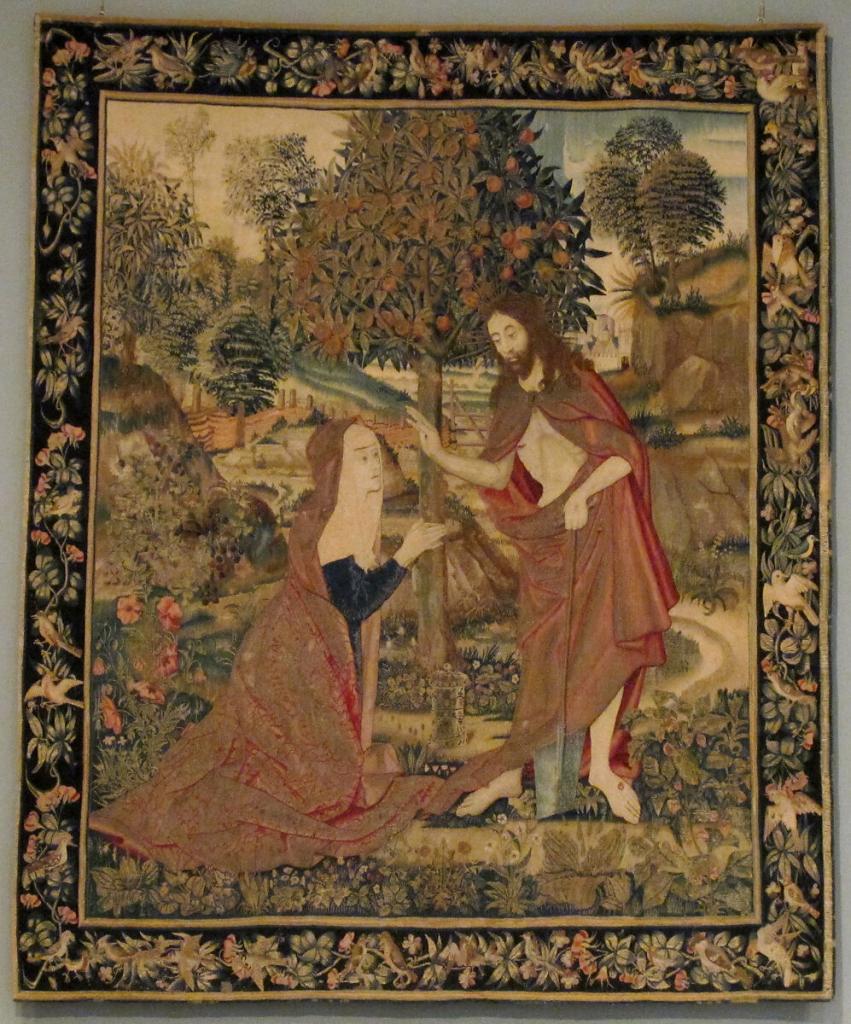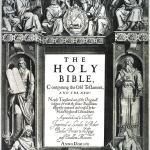I have a literary dilemma. I want to rave about a piece of writing – a short story – that I would claim as a masterpiece. It is also the best argument you will find for Biblical literacy as an essential aspect of Western culture. The problem is that I can’t tell you exactly why that is the case without giving away the key to the plot. I abhor spoilers. So let me tread as delicate a path as I can.
The story is Rudyard Kipling’s The Gardener (1925). I discovered it almost half a century ago, and I was delighted to find that it also attracted the passionate advocacy of Neil Gaiman, whose own work I love deeply, and whose literary taste is impeccable. The Guardian offers a podcast in which Gaiman introduces the story, followed by an excellent full reading. Or, you can read the story full text in multiple places.
In one sense, the story can be easily summarized. But take warning that it is so deceptively complex that only on a second reading do you catch the full meaning, and then you stand in awe of Kipling’s achievement. At first sight, The Gardener tells the simple story of Helen, an English woman who raises a child, the son of her reprobate brother. The boy grows up, serves in the First World War, and is killed. He is officially listed as missing in action, until his remains are identified several years afterward. Helen receives notice of where he is buried, and travels to visit the grave.
That brings me back to my dilemma, in terms of what I can and can’t say. In the story’s last couple of paragraphs, we discover things that change everything we had thought all along. And we do so in an astonishingly powerful scene that makes absolute, glorious, sense if you have some knowledge of the Gospel of John, or of artistic representations of that gospel through the centuries. Beyond interpreting the story itself, you suddenly appreciate a series of theological dimensions and directions hitherto unsuspected. If you don’t know the gospel, or the related art, you are probably left wondering what on earth that was all about. Kipling offers no helpful explanations of what he has been up to. It is a dazzling story of deception and self-deception, of self-invention and re-invention, of supposing and false supposition. After you have finished reading it, you can turn to some of the critical commentary.
If I knew a very secular minded scholar of literature, and was trying to tell them why they should know about the Bible, and teach it to students, this is the prime example I would use to convince them.
Although Kipling himself was anything but an orthodox Christian believer, he was saturated in the Bible and Biblical literature. Those themes and language often surface in his stories and poems. I won’t offer any kind of exhaustive list here, but another personal favorite is The Church That Was At Antioch. This tells the story of Peter and Paul, as told in Acts, but viewed through the eyes of a young Roman officer, who is treated as an exact parallel of a British officer serving in the India of Kipling’s own time, which has strong resemblances to the Middle East of our own day. This has the enormous virtue of helping us view the New Testament world in a realistic historical context, with all the seething anti-imperial resentments, and the hair-trigger ethnic and religious rivalries that on the slightest provocation can erupt into open violence.
Kipling can tell us a great deal about reading the Bible. And why reading the Bible allows you to read much else.
I am adapting this post from one I did at this site several years ago














